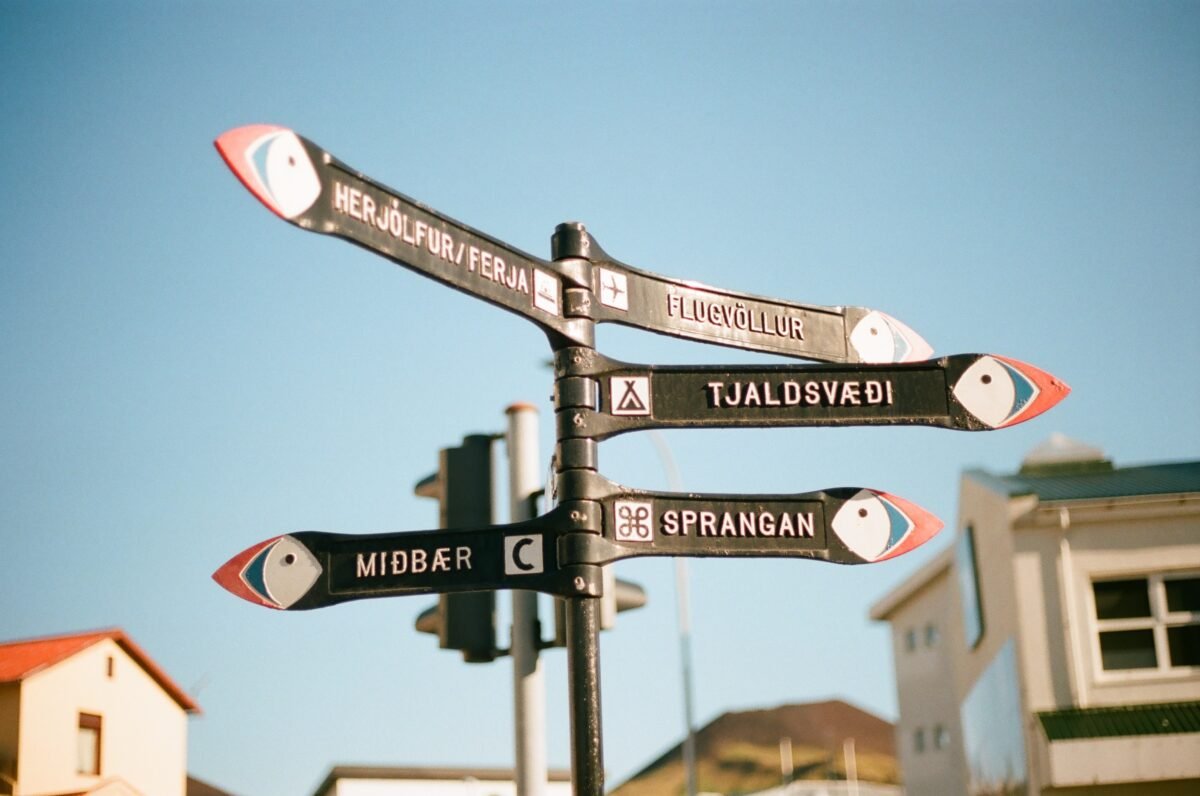When visiting other countries, a question that all travelers should research is whether tipping is mandatory or optional within their destination. Some countries include tipping within their prices, but others will add the tip % at the point of purchase – which can leave travelers shocked at a hefty bill!
It’s best to be prepared, and if you’re visiting the Nordic island nation of Iceland, this is the only guide you need to find out about tipping in Iceland.

Is tipping mandatory in Iceland?
No – it’s not mandatory to tip in Iceland nor is it customary within the local culture, but it’s always appreciated by the locals. Usually, most hotels and restaurants include service fees plus tax on the final bill, so it’s optional if you’d like to tip a little extra if you were pleased with the experience of the service from a particular individual worker.

Who should you tip in Iceland?
As we know, tipping in Iceland is not mandatory but there will be some instances where you received great service or had a nice experience, and you’d like to leave a small tip of ‘thanks’ to the staff. In hotels, maid and bellman services are included in your bill but these individuals are usually on a lower wage so would be appreciative of a small tip if you wished to leave them one at the end of your stay.
In restaurants, the majority of the time a service charge will be included in the bill but where it isn’t, the gratuity tip is usually 10% of the total. In some circumstances, you can also choose to tip a particular server or bartender on top of the included service charge, if you felt they were truly exceptional.
Tour guides will not expect tips as they make decent wages, but if you enjoyed their knowledge, and they gave an interesting tour, you could tip them a small amount as a thank you. If you do decide to tip anyone, it’s best to round up to the nearest even number and carry small notes of currency to allow you the choice.

What currency should I use to tip in Iceland?
Icelandic Krona (ISK) is the local currency, and it’s recommended to use this or credit/debit cards when spending in Iceland as it can cost you more if you’re using US Dollars, British Pound or Euro.
The credit/debit cards widely accepted in Iceland are Mastercard, Maestro and Visa. You’ll be able to use card payment in most places but if you’re visiting local markets, it’s best to take cash as some stall sellers will not have card machines. The market Kolaportio in downtown Reykjavik has an ATM in the building for you to get cash out if you need it.














